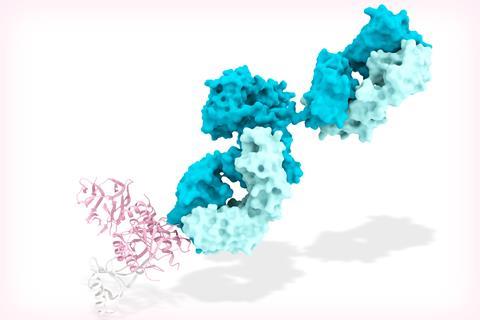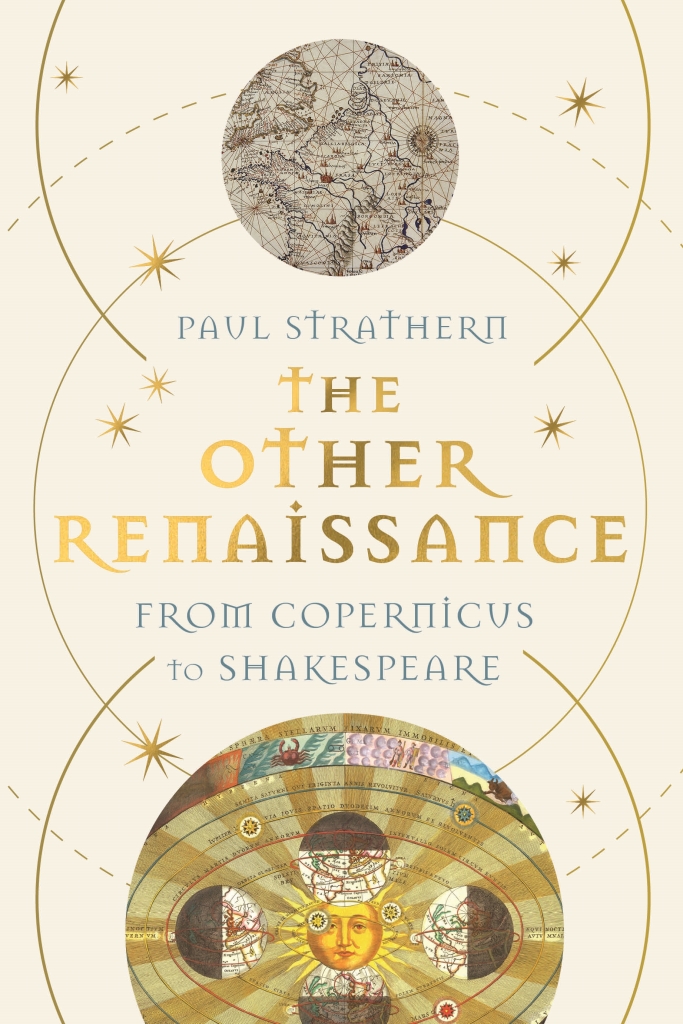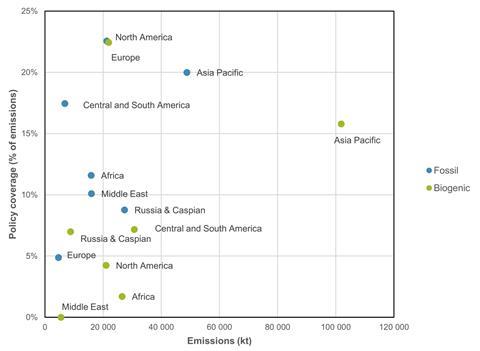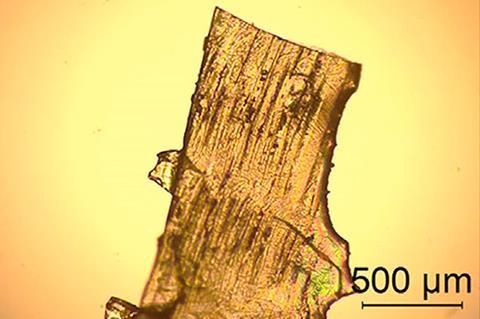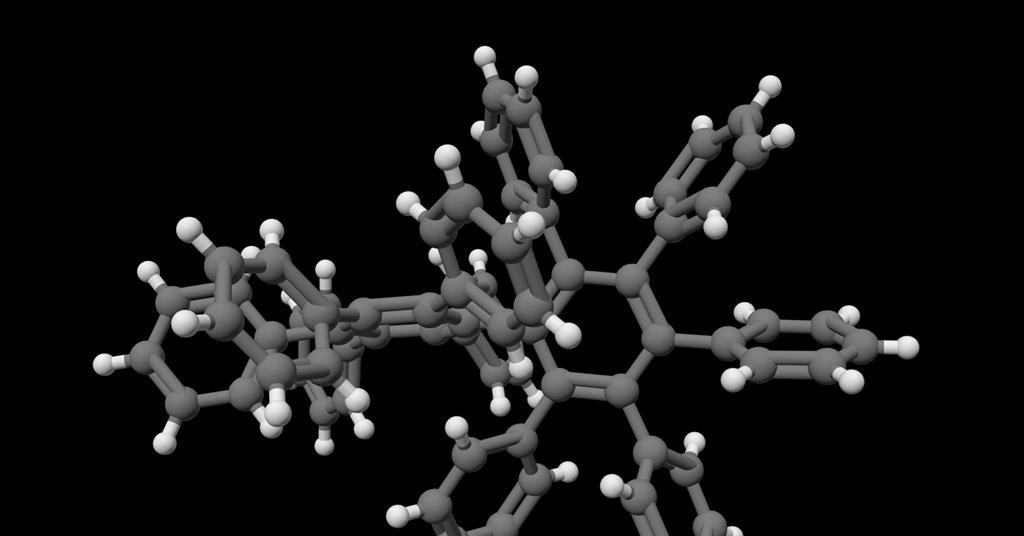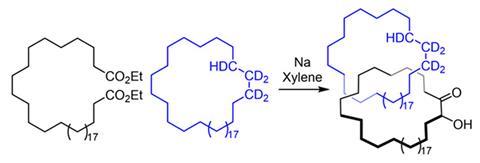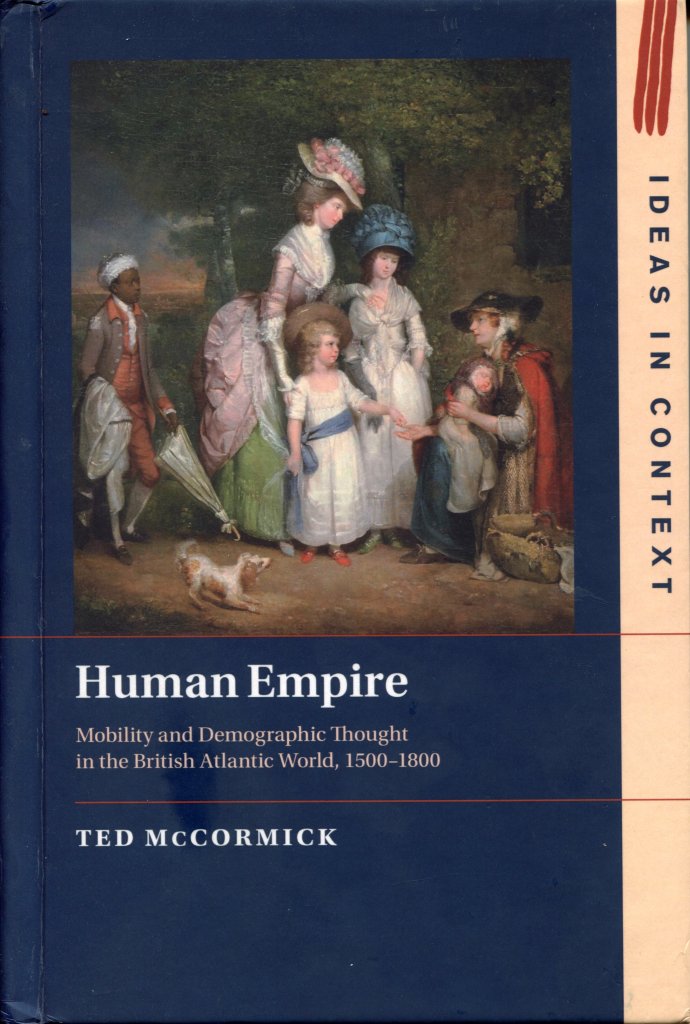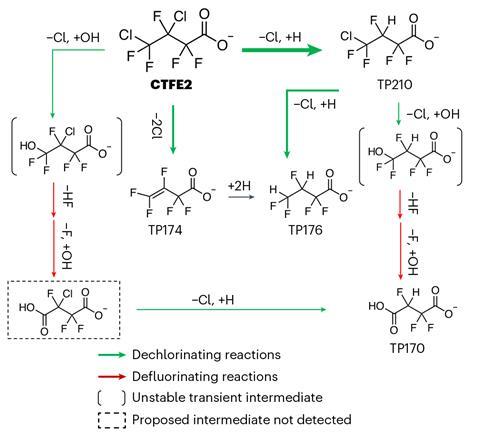A US supreme court ruling that invalidates two of Amgen’s patents relating to blockbuster cholesterol drug Repatha (evolocumab) is sparking concern among legal experts. On 18 May, the court’s nine justices unanimously upheld a lower court’s decision that Amgen had failed to provide sufficient information to allow others to recreate the full scope of its […]
Read More